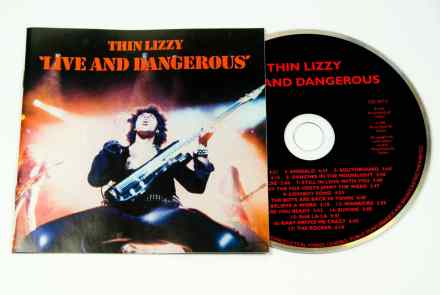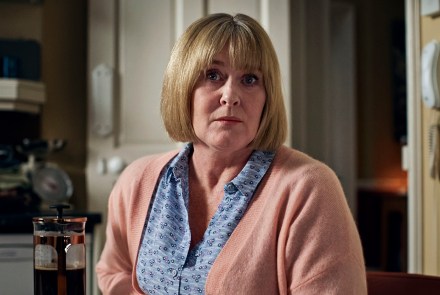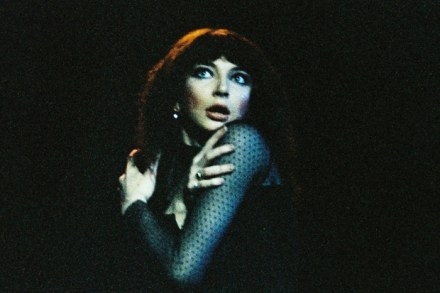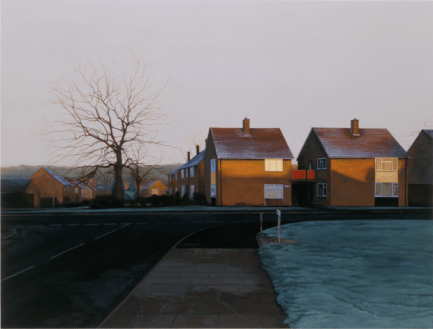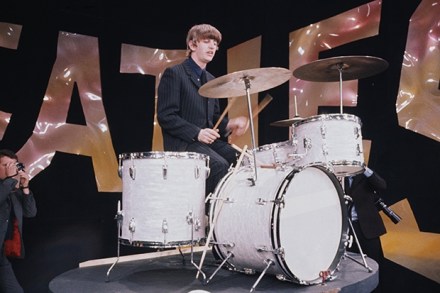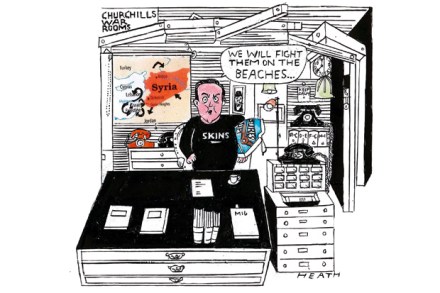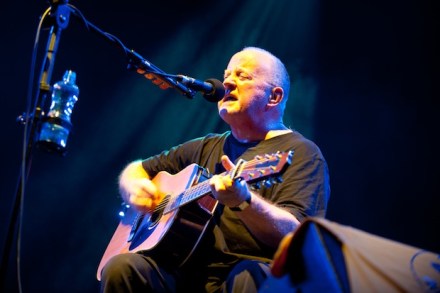All a bit Blackadder: Hamlet, at the Sam Wanamaker Playhouse, reviewed
Never Not Once has a cold and forbidding title but it starts as an amusing tale set in an LA apartment. We meet Allison, a happily married lesbian, whose grown-up daughter, Eleanor, arrives with a hunky new boyfriend to show off. This set-up has the makings of a flatshare sitcom. You combine a straight younger couple with an older pair of lesbians and you throw in the mother/daughter relationship for extra instability. It could be a laugh. But a new wrinkle appears. Eleanor learns that she was conceived during a one-night stand and she decides to track down her absentee father. But he’s extremely reluctant to discuss what happened that



